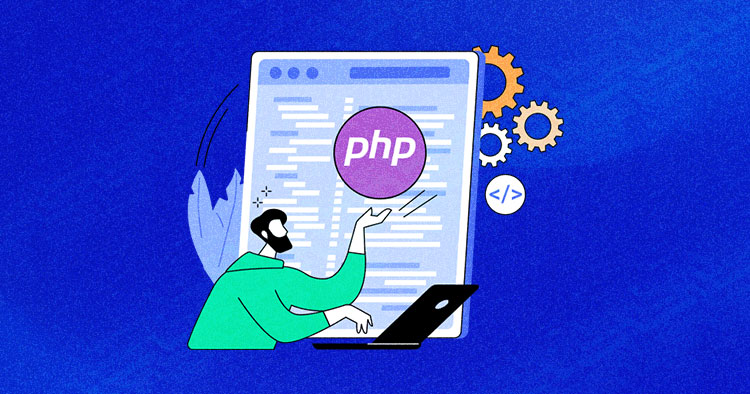Blitz News Digest
Stay updated with the latest trends and insights.
PHP Development: Code Like a Pro and Still Have Time for Coffee
Master PHP development with pro tips that save you time—so you can enjoy more coffee breaks! Discover the secrets to coding efficiently.
Top 10 PHP Development Tips for Efficiency and Productivity
Optimizing your PHP development workflow can significantly enhance your efficiency and productivity. To get started, consider following these top 10 PHP development tips:
- Embrace the use of frameworks like Laravel or Symfony, which provide strong toolkits to streamline your coding.
- Utilize Composer for managing dependencies, ensuring your project is always up-to-date with the latest libraries.
- Adopt the DRY (Don't Repeat Yourself) principle to avoid code duplication and decrease maintenance time.
- Leverage built-in PHP functions and avoid reinventing the wheel whenever possible, promoting faster development.
- Implement proper error handling and logging to identify issues quickly, minimizing downtime and improving performance.
Moreover, adopting best practices can lead to better coding habits. Here are five more tips to further boost your PHP development experience:
- Write unit tests to cover your code, which enhances reliability and simplifies debugging.
- Use version control systems like Git to track changes and collaborate seamlessly with team members.
- Refactor regularly to ensure your code remains clean and efficient over time.
- Stay updated on PHP advancements and new features to leverage improved functionality.
- Consider using performance monitoring tools to analyze and optimize your applications effectively.

How to Master PHP Frameworks and Speed Up Your Development Process
Mastering PHP frameworks is essential for developers seeking to streamline their projects and enhance their productivity. By leveraging the strengths of various frameworks, such as Laravel, Symfony, and CodeIgniter, you can significantly speed up your development process. These frameworks offer built-in modules, libraries, and tools that simplify complex tasks, allowing you to focus on writing clean and efficient code. To get started, familiarize yourself with the most popular frameworks and their unique features. Consider the following steps:
- Choose a framework that aligns with your project requirements.
- Invest time in understanding the framework's architecture and best practices.
- Utilize community resources and tutorials to enhance your skills.
Once you have a grasp on the basics, the next step is to integrate PHP frameworks into your daily workflow. This might include setting up a version control system like Git, which allows for better collaboration and code management. Additionally, employing tools like Composer for dependency management can help you keep your projects organized and up-to-date. As you delve deeper, remember to embrace the following tips:
Practice Regularly: The more you code, the more proficient you'll become.
Engage with the Community: Join forums and attend meetups to exchange knowledge and solve common challenges.
What Common Mistakes Should Beginners Avoid in PHP Development?
When starting out in PHP development, beginners often make several common mistakes that can hinder their progress. One of the biggest pitfalls is neglecting to properly comment their code. This makes it difficult to understand the logic behind their coding decisions later on. Failure to adhere to coding standards is another frequent issue; beginners might overlook the importance of writing clean, readable code, which is crucial for collaboration and future updates.
Moreover, beginners tend to misuse variables and data types, leading to confusion and bugs. It's essential to practice defining variables correctly and understanding their scope. Additionally, failing to implement proper error handling can result in unhandled exceptions and more complex debugging processes. Always remember to test your code thoroughly, as this practice is key to preventing small issues from escalating into larger problems.